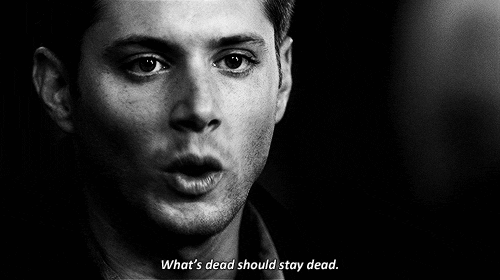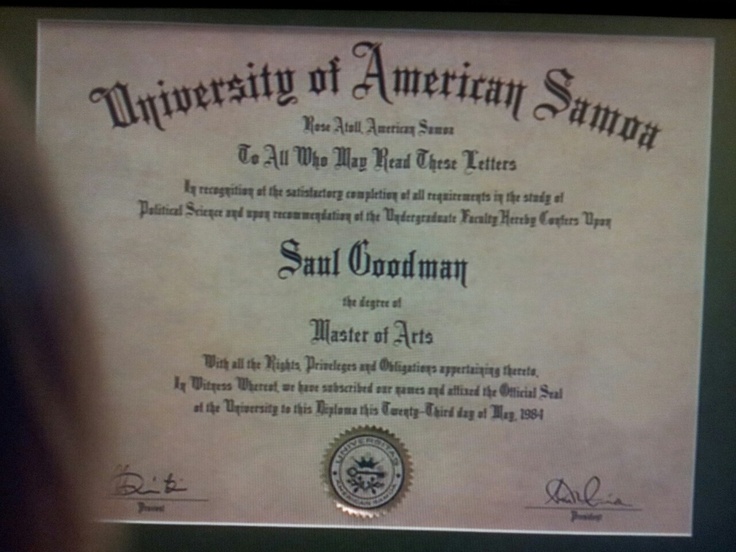- Joined
- Dec 28, 2013
- Messages
- 9
- Reaction score
- 7
Hey all,
As someone with experience in medical licensure, do not ever think you can hide misdemeanors or felonies from the medical community. Even if you have the charges expunged or sealed, it will come back to you full circle one day. Often times, the medical schools themselves do not have the authority to open up sealed or expunged records. You could lie on your application and they may never find out about it. However, once you apply for a license, the state boards DO have the authority to open up ANY records, therefore it is in your best interest to tell them about your offense. Everyone knows lying to a licensing board is a no-no, because you will immediately (and possibly permanently) be denied a license. But here's the kicker. If you lied on your medical school application (omitted your offense or outright lied about it), but then disclosed the record to the licensing board, they may (but not always) contact the school where you received your degree and see what you told them on your application. If you lied, guess what happens next? The school has the ability to RESCIND your MD degree, even after you have graduated. Now you are 200k+ in debt, with no MD, and no opportunity of ever being a doctor (once you are dismissed from school or have a rescinded degree, good luck getting into another school). In short, YOU'RE screwed. Now, there is a chance that you could get through the whole process by lying. Many times, expunged or sealed records require a court order to open. However, is it worth it? Is it worth trying to hide something that likely would not even keep you from gaining admission, especially when the risk is this high? My advice to all with criminal records applying to medical school is BE HONEST. You do not want this to bite you in the a** several years down the road. This will not only ruin your medical career, it very may well ruin your LIFE. Sure, some med schools will look at a criminal record as a huge red flag. But others will not. The adcomms understand that we all make stupid decisions when we are young, it's part of growing up and figuring out what is important in your life. The critical part is to communicate is what you learned from the experience. If anything, the experience may add another dimension of your character that you were not able to show elsewhere on your application. As long as the behavior has ceased, I highly doubt it will keep you from being a doctor if you really want it. I'm talking misdemeanors. If you have violent felonies or sex crimes, then you may have to reconsider your career path. However, it is not worth trying to hide things because someone will be checking into your background a TON over the course of your career. That is all, and good luck to you!
As someone with experience in medical licensure, do not ever think you can hide misdemeanors or felonies from the medical community. Even if you have the charges expunged or sealed, it will come back to you full circle one day. Often times, the medical schools themselves do not have the authority to open up sealed or expunged records. You could lie on your application and they may never find out about it. However, once you apply for a license, the state boards DO have the authority to open up ANY records, therefore it is in your best interest to tell them about your offense. Everyone knows lying to a licensing board is a no-no, because you will immediately (and possibly permanently) be denied a license. But here's the kicker. If you lied on your medical school application (omitted your offense or outright lied about it), but then disclosed the record to the licensing board, they may (but not always) contact the school where you received your degree and see what you told them on your application. If you lied, guess what happens next? The school has the ability to RESCIND your MD degree, even after you have graduated. Now you are 200k+ in debt, with no MD, and no opportunity of ever being a doctor (once you are dismissed from school or have a rescinded degree, good luck getting into another school). In short, YOU'RE screwed. Now, there is a chance that you could get through the whole process by lying. Many times, expunged or sealed records require a court order to open. However, is it worth it? Is it worth trying to hide something that likely would not even keep you from gaining admission, especially when the risk is this high? My advice to all with criminal records applying to medical school is BE HONEST. You do not want this to bite you in the a** several years down the road. This will not only ruin your medical career, it very may well ruin your LIFE. Sure, some med schools will look at a criminal record as a huge red flag. But others will not. The adcomms understand that we all make stupid decisions when we are young, it's part of growing up and figuring out what is important in your life. The critical part is to communicate is what you learned from the experience. If anything, the experience may add another dimension of your character that you were not able to show elsewhere on your application. As long as the behavior has ceased, I highly doubt it will keep you from being a doctor if you really want it. I'm talking misdemeanors. If you have violent felonies or sex crimes, then you may have to reconsider your career path. However, it is not worth trying to hide things because someone will be checking into your background a TON over the course of your career. That is all, and good luck to you!



